
The UK Supreme Court has issued a landmark judgment on how a woman should be defined in law.
The long-running legal challenge centres around how sex-based rights are applied through the UK-wide Equality Act 2010.
The judges were asked to rule on what that legislation means by "sex" - whether biological sex or "certificated" sex as legally defined by the 2004 Gender Recognition Act.
They unanimously decided the definition of a "woman" and "sex" in the Equality Act 2010 refers to "a biological woman and biological sex".
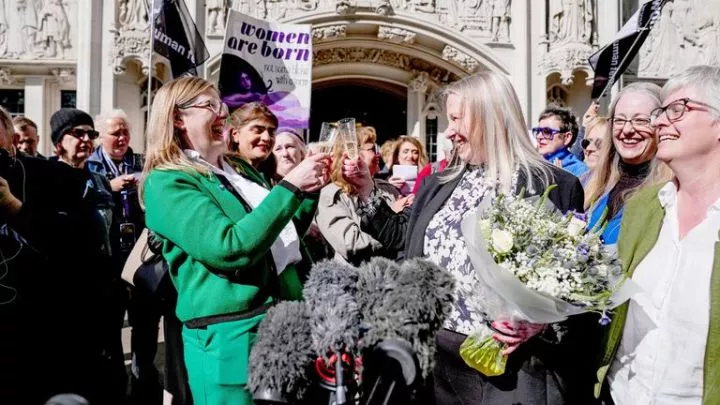
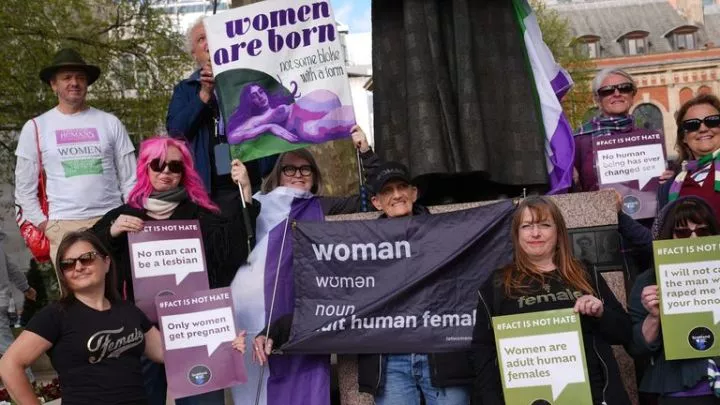
Delivering the ruling at the London court on Wednesday, Lord Hodge said: "But we counsel against reading this judgment as a triumph of one or more groups in our society at the expense of another. It is not.
"The Equality Act 2010 gives transgender people protection, not only against discrimination through the protected characteristic of gender reassignment, but also against direct discrimination, indirect discrimination and harassment in substance in their acquired gender.
"This is the application of the principle of discrimination by association. Those statutory protections are available to transgender people, whether or not they possess a gender recognition certificate."
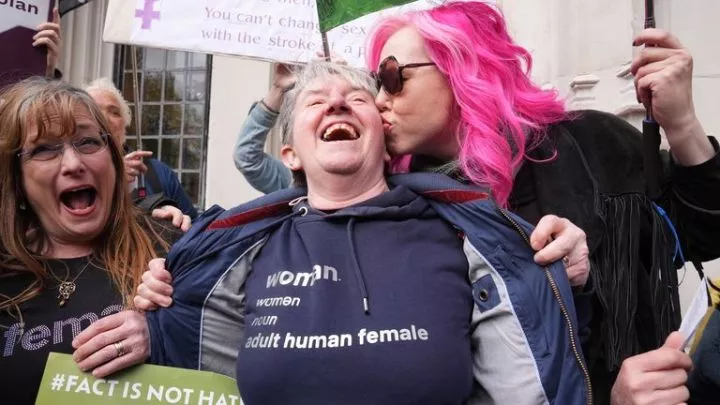
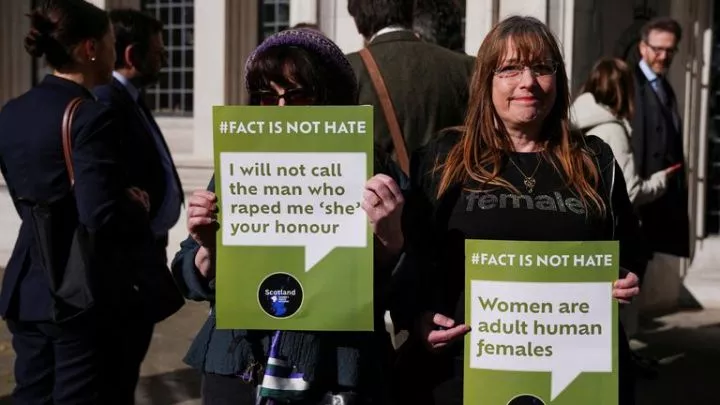
The appeal case was brought against the Scottish government by campaign group For Women Scotland (FWS) following unsuccessful challenges at the Court of Session in Edinburgh.
FWS called on the court to find sex an "immutable biological state", arguing sex-based protections should only apply to people born female.
The Scottish government argued the protections should also include transgender people with a gender recognition certificate (GRC).
The ruling was made by Lord Reed, Lord Hodge, Lord Lloyd-Jones, Lady Rose and Lady Simler.
'Victory for women's rights'
Trina Budge, director of FWS, described the outcome as a "victory for women's rights".
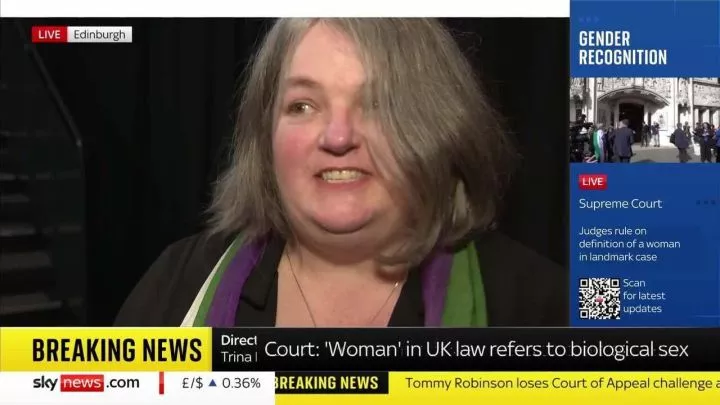
Speaking to Sky News' Scotland correspondent Connor Gillies, she said the case was "never about trans rights" as transgender people are "fully protected in law".
She added: "It means there's absolute clarity in law regarding what a woman is. We know for sure now that we are referring to the biological sex class of women.
"And that when we see a women-only space, it means exactly that. Just women. No men. Not even if they have a gender recognition certificate."
First Minister John Swinney said the Scottish government "accepts" the judgment.
In a post on X, he said: "The ruling gives clarity between two relevant pieces of legislation passed at Westminster.
"We will now engage on the implications of the ruling. Protecting the rights of all will underpin our actions."
The long-running legal dispute
The legal dispute stems back to the Gender Representation on Public Boards (Scotland) Act 2018, which aimed to increase the proportion of women on public boards.
For Women Scotland (FWS) successfully challenged the original act over its inclusion of transgender women in its definition of "women".
The Court of Session in Edinburgh ruled that changing the definition of a woman in the act was unlawful, as it dealt with matters falling outside the Scottish parliament's legal competence.
The Scottish government dropped the definition from the act and issued revised statutory guidance.
This stated that under the 2018 Act the definition of a woman was the same as that set out in the Equality Act 2010, and also that a person with a gender recognition certificate (GRC) recognising their gender as female had the sex of a woman as per the 2004 Gender Recognition Act.
FWS challenged the revised guidance on the grounds sex under the Equality Act referred to its biological meaning and said the government was overstepping its powers by effectively redefining the meaning of "woman".
The group argued the guidance could have implications for the running of single-sex spaces and services.
FWS's challenge was twice rejected by the Court of Session (2022 and 2023), with judge Lady Haldane ruling in 2022 that the definition of sex was "not limited to biological or birth sex".
FWS was later granted permission to appeal to the UK Supreme Court.
'A person is either a woman or a man'
In the 88-page ruling, published in full after the judgment, Lord Hodge, Lady Rose and Lady Simler said: "The definition of sex in the Equality Act 2010 makes clear that the concept of sex is binary, a person is either a woman or a man."
The ruling added that interpreting sex as "certificated sex" (through a GRC) would create "heterogenous groupings" by cutting across definitions of man and woman in the act in an "incoherent" way.
They said there would be an "odd inequality of status" between trans people who have a GRC and trans people who do not, with "no obvious means of distinguishing between the two groups".
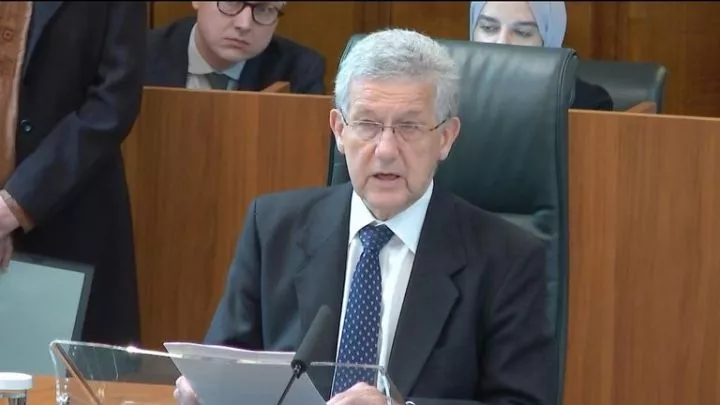
On the provision of single-sex services, the written judgment gave examples including rape or domestic violence counselling, domestic violence refuges, rape crisis centres, female-only hospital wards and changing rooms.
The justices stated: "Read fairly and in context, the provisions relating to single-sex services can only be interpreted by reference to biological sex."
They added: "It is fanciful, even perverse, to think that any reasonable objection to the presence of a person of the opposite sex could be grounded in GRC status or that a confidential GRC could make any difference at all."
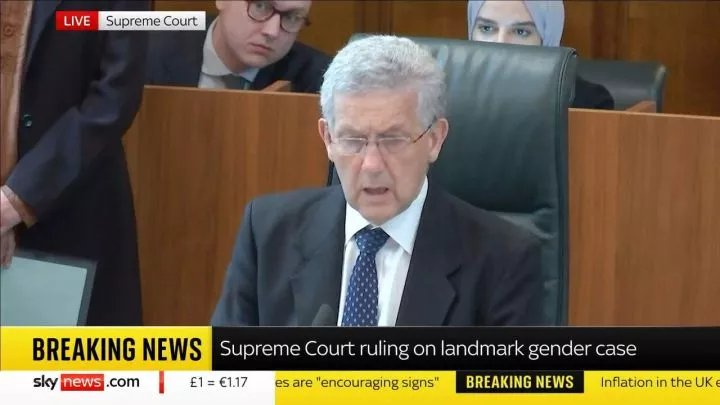
'This ruling brings clarity and confidence'
The UK government said it has "always supported the protection of single-sex spaces based on biological sex".
A spokesperson added: "This ruling brings clarity and confidence, for women and service providers such as hospitals, refuges, and sports clubs.
"Single-sex spaces are protected in law and will always be protected by this government."
MSP Russell Findlay, leader of the Scottish Conservatives, said the ruling was a "victory" for women as well as "common sense" as he urged Mr Swinney to "stop obsessing about gender and get back to the day job of delivering better public services and a stronger economy".
Campaign group Sex Matters, which made arguments in the case, said the court had given "the right answer".
Chief executive Maya Forstater said: "The protected characteristic of sex - male and female - refers to reality, not to paperwork."
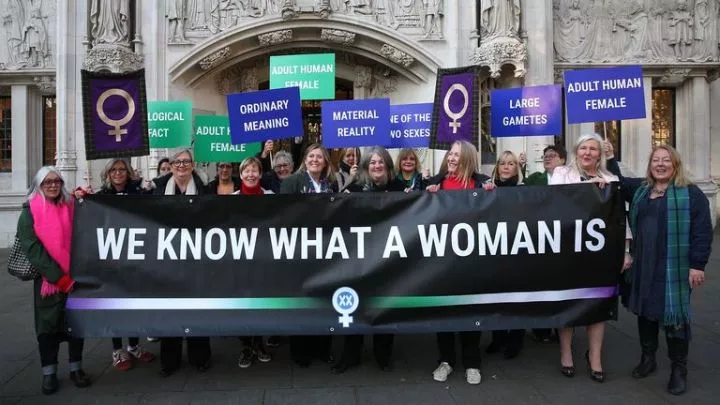
For Women Scotland's case follows years of heated debate over transgender and women's rights.
Recent controversies include a legal battle over the doomed Gender Recognition Reform (Scotland) Bill, transgender rapist Isla Bryson initially being housed in an all-women's prison, and an ongoing employment tribunal involving a female NHS nurse who objected to a transgender doctor using a women's changing room.
'Attack on the rights of trans people'
Transgender woman and Scottish Greens activist Ellie Gomersall said the ruling "represents yet another attack on the rights of trans people to live our lives in peace".
Scottish Greens MSP Maggie Chapman added: "This is a deeply concerning ruling for human rights and a huge blow to some of the most marginalised people in our society.
"It could remove important protections and will leave many trans people and their loved ones deeply anxious and worried about how their lives will be affected and about what will come next.
"Trans people just want to be able to live their lives like any of us, without the fear of prejudice or violence, but today they have been badly let down."


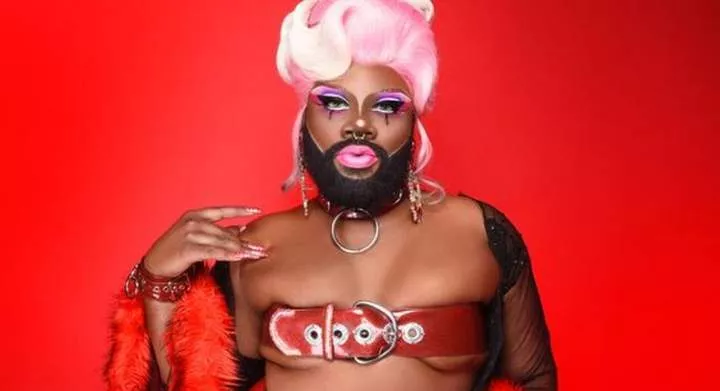














Comments